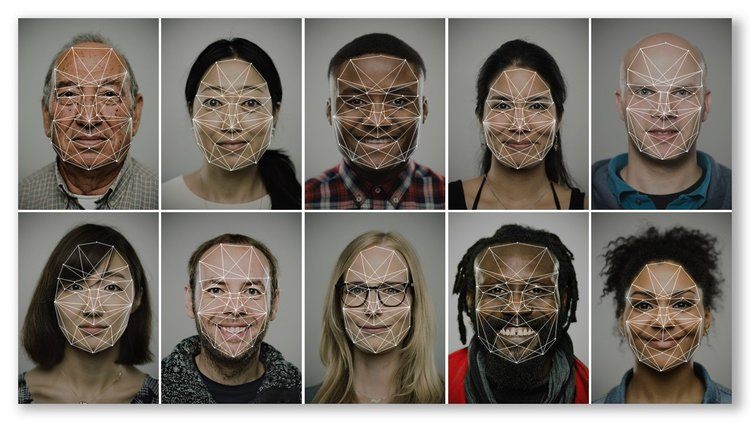By CultureBanx Team
- The IRS is doing an about face in how it scrutinizes returns that claim the earned-income tax credit
- Black taxpayers were audited at a rate 2.9 to 4.7 times higher than non-Black taxpayers
For years, allegations and research suggested that the Internal Revenue Service (IRS) disproportionately targeted Black taxpayers in its auditing practices. Black taxpayers were audited at a rate 2.9 to 4.7 times higher than non-Black taxpayers. Now, the IRS is doing an about face in how it scrutinizes returns that claim the earned-income tax credit (EITC), which is aimed at alleviating poverty.
Why This Matters: Empirical studies showed that counties with higher Black populations faced more audits, even when controlling for income and other factors. The EITC seems to play a central role in the racial disparity in audit rates. The EITC is a refundable tax credit designed to assist low- to moderate-income workers. The study found that while Black taxpayers accounted for 21% of EITC claims, they were the focus of 43% of EITC audits.
The IRS uses internal algorithms to determine which tax returns are audited. These algorithms, much like the Coca-Cola recipe, are confidential and not disclosed to the public. At the end of last year 31 million workers and families received EITC, the average amount was $2,043. The EITC costs about $75 billion annually, according to the Joint Committee on Taxation.
A joint research study between the Stanford Institute for Economic Policy Research and the U.S. Department of the Treasury has brought to light significant disparities in the auditing practices of the IRS. Stanford’s study analyzed over 148 million tax returns and approximately 780,000 audits. Going forward the IRS plans to use the $80 billion that it received from the Inflation Reduction Act of 2022 to target wealthy taxpayers.
The racial disparity in IRS audits is a serious issue that needs immediate attention. While the IRS’s practices may not be intentionally discriminatory, their impact is undeniably biased against Black taxpayers. Addressing this discrimination is not only about rectifying an inherent wrong but also about upholding the democratic ideals of the United States.
What’s Next: While the IRS has not yet proposed formal recommendations for reforming its audit selection algorithm, the Stanford study offers several potential pathways for reducing its racially disparate impact. These include focusing on the magnitude of taxpayers’ underreported income rather than just the likelihood of it, treating dollars equally whether they are to be paid in refundable credits or received in taxes, and using IRS resources to audit more complex returns rather than focusing only on simpler ones that are cheaper to audit.
CBX Vibe: “A Change Is Gonna Come” Sam Cooke









